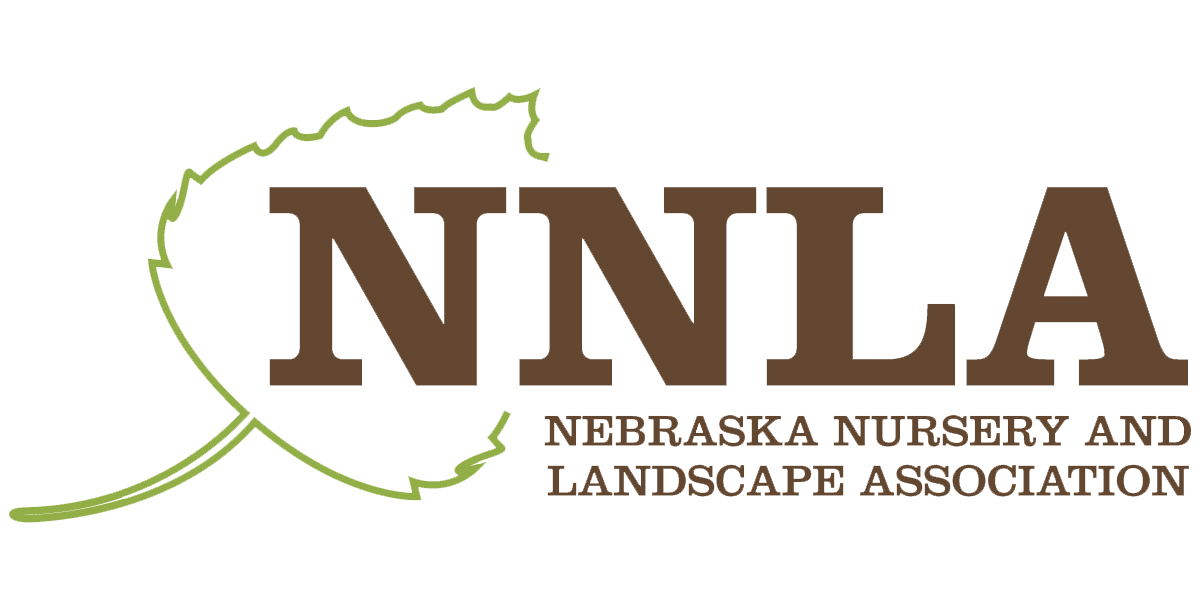Closer to Home
Tranquility Garden, Hershey, NE
BENEFICIAL LANDSCAPES, Nebraska Statewide Arboretum
Kendall Weyers, Nebraska Statewide Arboretum, plantnebraska.org
“One touch of nature makes the whole world kin.” William Shakespeare
It is clear that the world is a crazy place right now, and it often feels like every day brings another level of folly beyond our control. Although keeping up with the news is important, it’s also important to give ourselves time to step away to find things more within our control, things that calm our frayed nerves and bring us perspective, joy and gratitude. My suggestion? Step outside.
Outside we can find nature reliably going about its business, whether in the deep wilderness or our own backyards. It doesn’t give a darn about the news, but instead just keeps moving forward in its wonderfully complex way, always offering us beauty, wonder and peace.
Also outside are our neighbors, many spending more time closer to home. Look in the thesaurus for “neighborly” and you’ll find words like friendly, kind, helpful and caring. Being neighborly is good for everyone and always a good idea, especially now.
We can all contribute to both nature and our neighbors by the actions we take outside. There is no one perfect way—wherever we’re at on the spectrum we can always find little ways to move the needle in a more positive direction. A good way to look at it is “more of this, less of that,” and below is a short list to get started, in both our own yards and in our neighborhoods.
• More low maintenance beds, less high maintenance turf. Turf can require significant inputs (water, fertilizers, pesticides, mowing, time), resulting in wasted resources, chemical drift or runoff and noise and air pollution, none of which are good for nature or our neighbors. Low maintenance beds, especially ones with native plants, provide a wide range of resources for our friends in nature, and beauty and better health for ourselves and our neighbors.
• More plant diversity and natives, less reliance on a short list of exotics. Cookie cutter designs and plant lists are not only boring, but they’re often demanding of time and inputs while offering few benefits. The better option is using a diverse list of native or well-adapted non-native species. This approach offers many benefits to all of us and is both more resilient and less demanding.
• More tree planting and care, less tree neglect, abuse and removal. Whether in newer neighborhoods with poor soil and a focus on turf, or older neighborhoods with poorly pruned and over-mature trees, many community forests are suffering. This equates to the erosion of the wealth of benefits provided by trees for nature and neighbors. What do we need more of to reverse this trend? It starts by giving trees more value and focus, then follow up with proper practices, like more attention to placement, species selection, planting and care.
• More connections, less turning away. Many neighbors are now closer than ever, despite keeping their physical distance for the last several months. With more time spent walking, doing yard work and projects, or just sitting on the front porch, there have been more opportunities—and the need— to connect. Strengthening our local network, taking time to at least say hi to our neighbors is especially important now, but an option we’d be wise to remember we always have.
• More involvement, less isolation. It’s tempting to use these times as an excuse to not be involved, but our communities need us now more than ever. Join your local tree board or neighborhood association, start a community garden, volunteer to care for a neglected lot or park. Although these and other volunteer options may be more challenging now, they are a great way to make a difference when your neighbors need you the most.
• More time, tolerance and patience, less anxiety, urgency and perfectionism. A wise quote from Lao Tzu says “Nature does not hurry, yet everything is accomplished.” It offers an essential lesson for these times, whether dealing with our yard, our neighbors or even our wacky world. Listen, observe and appreciate more, judge, hurry and worry less. The typical speed of the world has become frantic but it’s not the pace for which humans are best adapted. We are all better off when we take a cue from nature and tune in to its, and our, more peaceful pace.

